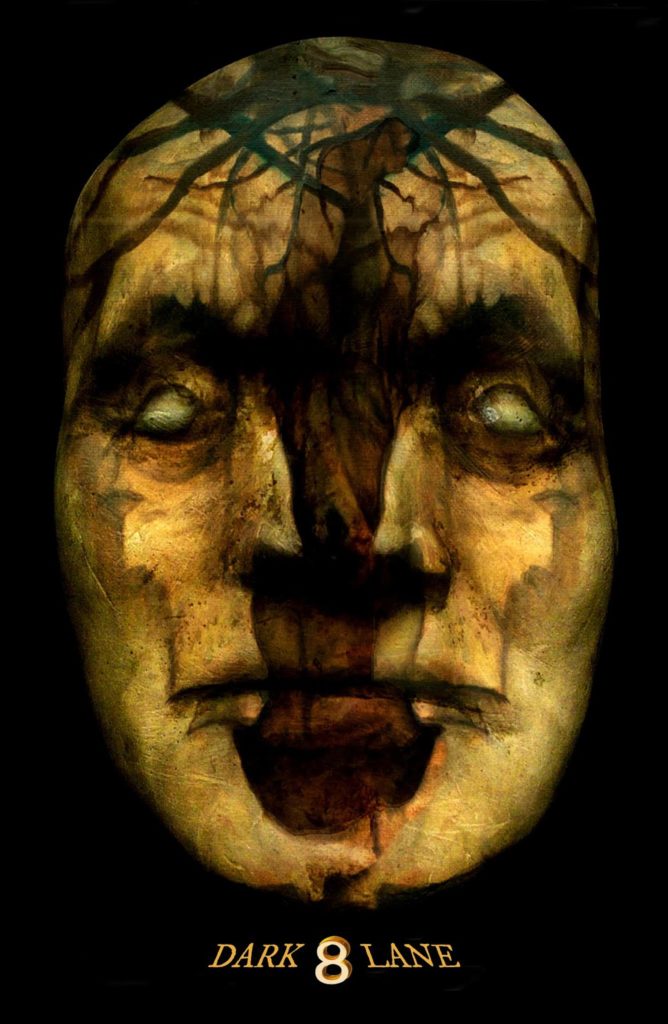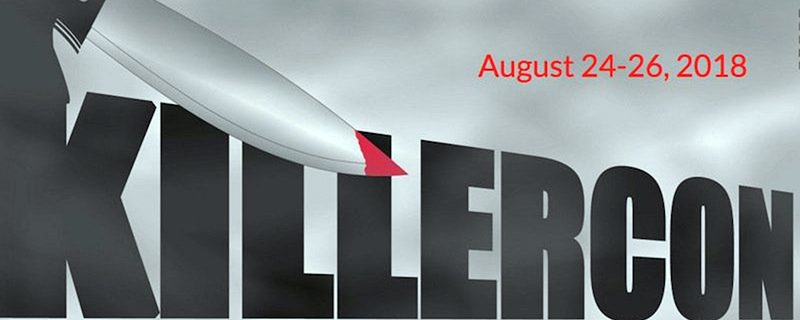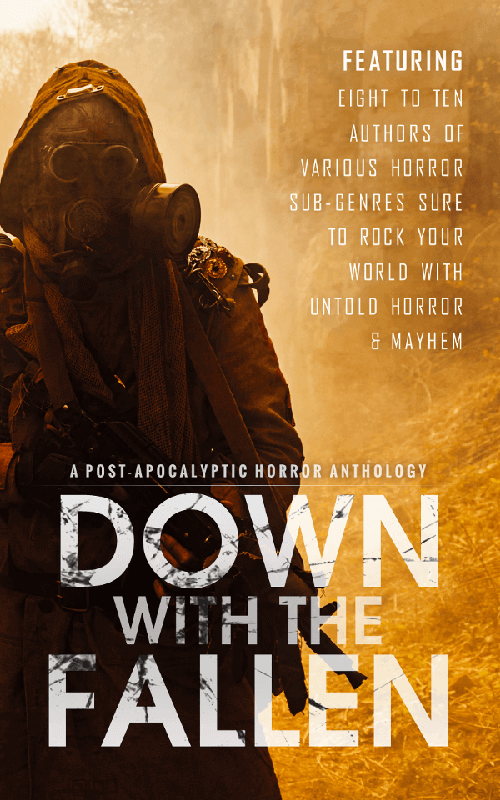My Southern Gothic short story “The Wet Knot” will appear in the upcoming literary anthology Dark Lane, Vol. 8, from Dark Lane Books. More information coming soon.

My Southern Gothic short story “The Wet Knot” will appear in the upcoming literary anthology Dark Lane, Vol. 8, from Dark Lane Books. More information coming soon.

The Year’s Best Hardcore Horror Vol. 2, which includes my story “The Field,” has been nominated for a Splatterpunk Award. Year’s Best is published by Comet Press and edited by Cheryl Mullenax and Randy Chandler. Purchase the anthology here.

Check out the full nomination list here. The winners will be announced during Killercon 2018, held Aug. 24-26 at the Wingate by Wyndham Conference Center in Round Rock, Texas.
New cover, same terror!
Comet Press has released a new cover for its Year’s Best Hardcore Horror Vol. 2 anthology, which includes my short story “The Field.” The collection is edited by Randy Chandler and Cheryl Mullenax. Click here to purchase.
Excited that my story “Grandfather’s Room” was selected for the upcoming post-apocalyptic horror anthology, Down with the Fallen, from Franklin/Kerr Press.

The Year’s Best Hardcore Horror Volume 2 is out now! The anthology, edited by Randy Chandler and Cheryl Mullenax from Comet Press, includes my short story “The Field.” Get your copy NOW!
What matters in life is not what happens to you but what you remember and how you remember it.
Gabriel García Márquez
1927-2014

